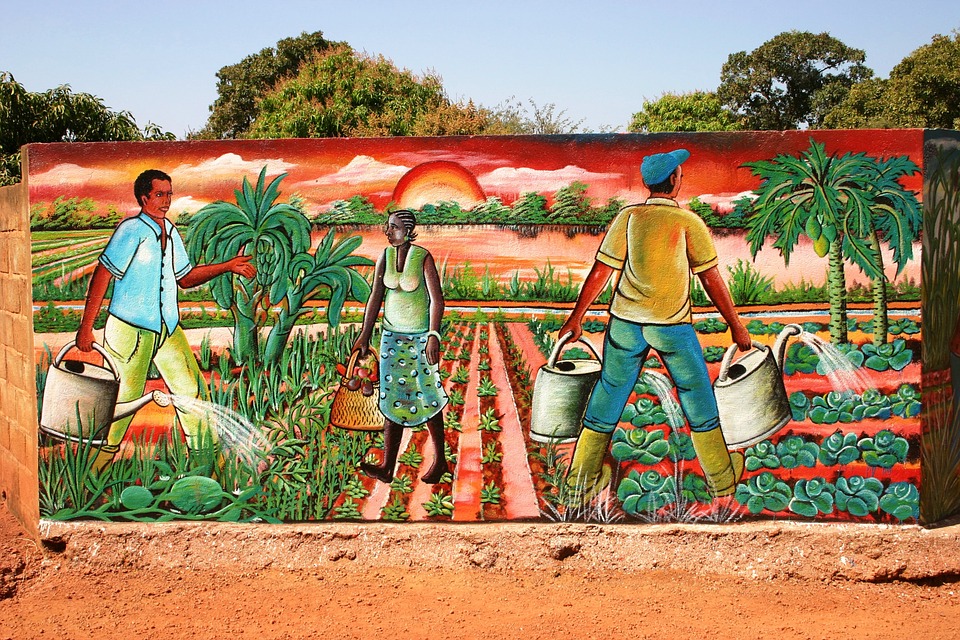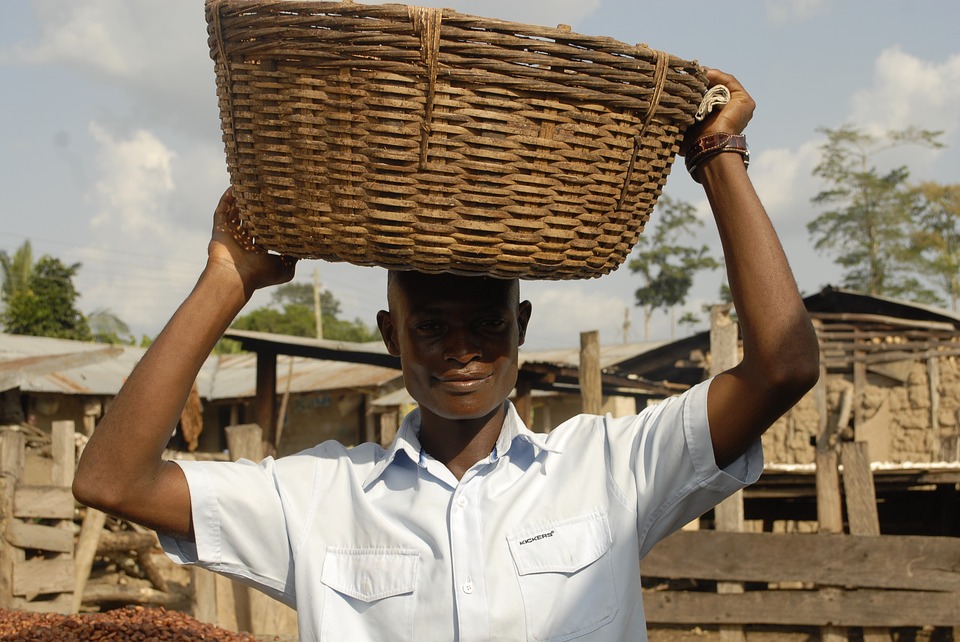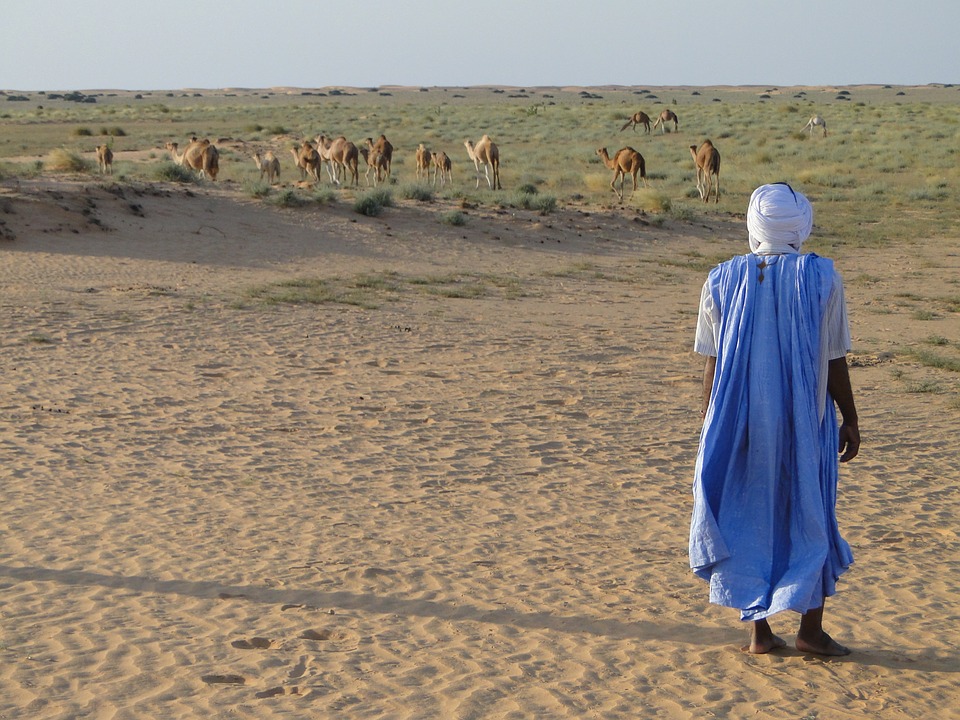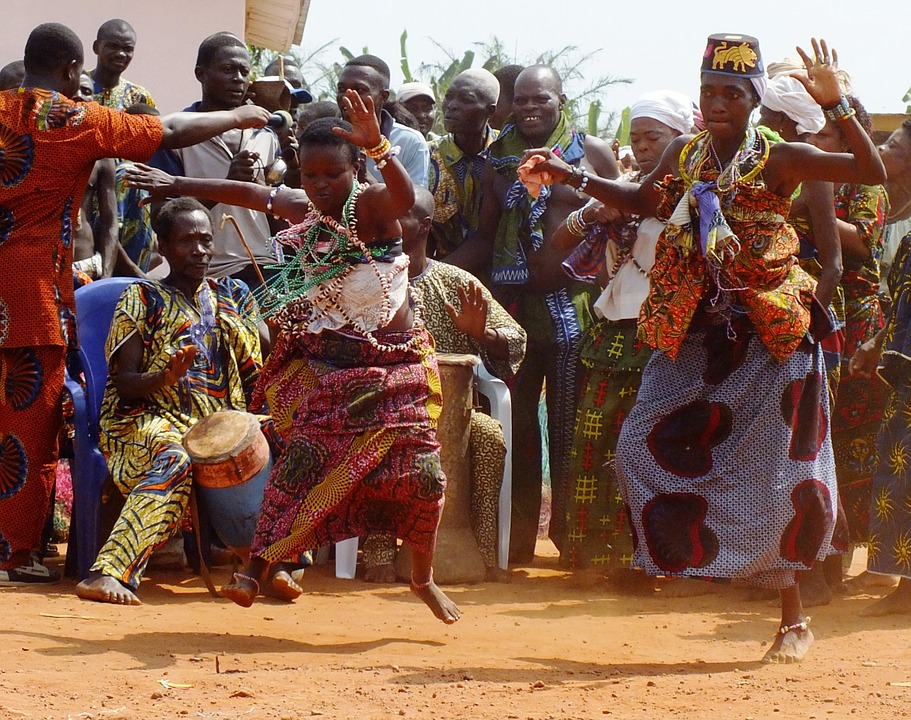
Burkina Faso
A poor country even by West African standards, landlocked Burkina Faso has suffered from recurring droughts and military coups. Burkina Faso, which means "land of honest men", has significant reserves of gold, but the country has faced domestic and external concern over the state of its economy and human rights.

Ivory Coast
The Western African country was hailed as a model of stability. But an armed rebellion in 2002 split the nation in two. Since then, peace deals have alternated with renewed violence as the country has slowly edged its way towards a political resolution of the conflict. Ivory Coast is the world's largest exporter of cocoa beans and its citizens enjoy a relatively high level of income, compared to other countries in the region.

Guinea
Guinea's mineral wealth makes it potentially one of Africa's richest countries, but its people are among the poorest in West Africa. Experiments with socialism and a two-year rule by junta have taken a toll on the people of Guinea. The 2010 election ushered in civilian rule but led to violent ethnic clashes, as well.

Mali
Once home to several pre-colonial empires, Mali's northern city of Timbuktu was a key regional trading post and centre of Islamic culture. After independence from France in 1960, Mali suffered droughts, rebellions, a coup and 23 years of military dictatorship until democratic elections in 1992.

Mauritania

Niger
A vast, arid state on the edge of the Sahara desert, Niger is rated by the UN as one of the world's least-developed nations. Today the country struggles in the face of frequent droughts, insurgency and wide-spread poverty. Niger is betting on increased oil exploration and gold mining to help modernize its economy.
